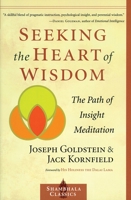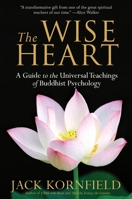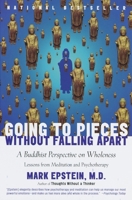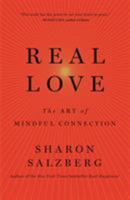Faith: Trusting Your Own Deepest Experience
Select Format
Select Condition 
You Might Also Enjoy
Book Overview
Customer Reviews
Rated 5 starslife changing
I have spent the better part of my life searching for the elusive cure for depression, fear and anxiety. Complicated matters, indeed. Something that occured to me along the way that I was raised without religion and that the lack of faith in my life may contribute to my suffering. It seemed to me that there were so many people who had something to believe in, something to soothe their tormented soul. So many seemed to have...
1Report
Rated 5 starsThe Best Book On Faith Out There
Faith in a theological context for many people is an act of belief in what one cannot prove. It has been used as a line drawn between those who "believe" and those who do not in a Christian context. But Salzberg's intent in this wonderful text drives at providing us all with a fresh perspective of what faith really is; a definition unassociated with doctrine and theology. A kind of faith in oneself, emphasizing a love and...
0Report
Rated 5 starsUnsentimental Faith: Eyes Wide Open
This is a deeply authentic spiritual biography of some historical significance in American Buddhism and a volume on faith that should be added to every stack of soothing bedside books. In a childhood of emotional isolation and unanswered forbidden questions, Buddhist meditation teacher Sharon Salzberg suffered sudden abandonment by her beloved father at age 4, the bleeding death nearly before her eyes of her mother at age...
0Report
Rated 5 starsFor All the Faithful
Imagine that you are in a dark room where nothing can be seen. Yet even in the darkness you know there is a light switch. You find the walls and move about groping with your hand convinced the ligth is there. This is the image of faith I gathered from Sharon Salsberg's book. Faith as the conviction to keep looking. Faith as both the memory and the hope of light. Now, the conviction of light's existence is both something that...
0Report
Rated 5 starsLustrous!
Lustrous, totally lustrous... glowing with honesty and compassion. "Faith" is a word so abused in our times. If you regard faith as mere wishful thinking, rigid ideology, a divisive divine favor bestowed upon an elite few, or (to paraphrase Mark Twain) deciding to believe what you know ain't true, then prepare to shed those lack luster preconceptions.This is Sharon's personal story. Her losses, her pain, her awakenings, her...
0Report





























































